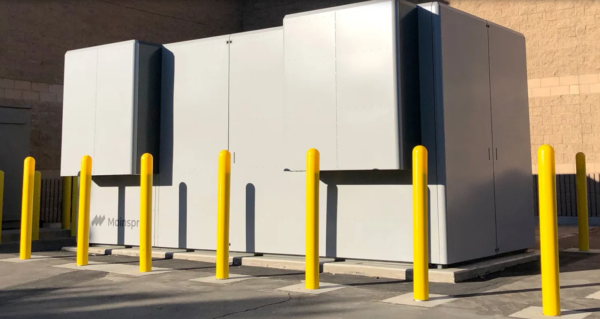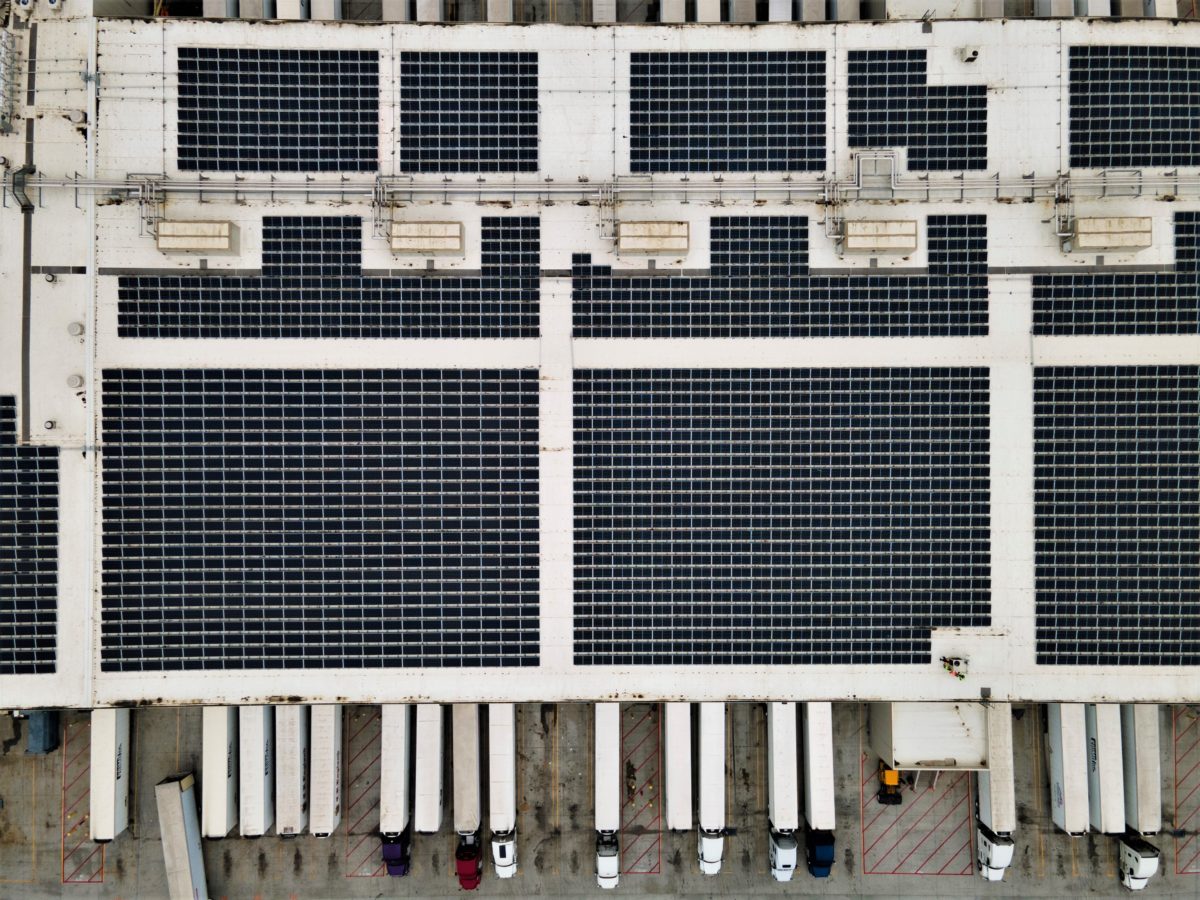U.S.-based industrial real estate investment trust (REIT) and logistics solutions provider Lineage Logistics LLC announced, this week, that its Colton Agua Mansa facility, in California’s Inland Empire, is now being powered by a 3.3 MW rooftop PV system and 460 kW of linear generators which, Lineage claims, will cover 100% of the facility's electricity needs on a net basis. Around 73% of this demand will be covered by the solar array, and the remaining 27% by the linear generators.
The PV system was constructed by PowerFlex, a unit of France’s EDF Group, and the linear generators were provided by U.S. specialist Mainspring Energy. “The on-site solar project in Colton demonstrates Lineage’s ongoing commitment to deploying innovative solutions to ensure that its operations are as sustainable as humanly possible,” said PowerFlex director Danny Ptak.
Permanent-magnet linear generators use linear motion to generate power, converting mechanical energy into electrical energy. They rely on permanent magnets that create a magnetic field and cause a magnetic flux change in a circuit formed by windings, to generate power.
“The units ramp up and down usage to enable maximum use of the building’s solar array, ensuring reliability and optimal use of renewable power at all times,” said Lineage, referring to the linear generators deployed at its facility. “This increases the site’s resiliency by reducing grid dependency, and lowers operating costs.”

Image: Mainspring Energy
Mainspring Energy's liner generator is claimed to provide fuel-flexible and dispatchable on-site power generation for behind-the-meter (BTM) commercial and industrial (C&I) customers; front-of-the-meter (FTM) utility substations; and micro-grids. It uses a low-temperature reaction of air and fuel to drive magnets through copper coils to produce power.
Natural gas or biogas can be used as fuels and, according to the manufacturer, the system can meet the strictest emissions standards in
the U.S., allowing for fast, streamlined permitting. “The design leads to high efficiency and low emissions with the added ability to dynamically
switch between renewable fuels such as biogas and hydrogen or non-renewable fuels such as natural gas and propane,” the company explains in a white paper dedicated to its technology. “Full dispatchability, or the ability to turn on [and] off and ramp up and down on command, allows linear generators to serve fluctuating energy demand profiles.”

Image: Mainspring Energy
The company also emphasizes that the electrically–controlled linear motion of oscillators embedded in the system compresses the fuel and air mixture until the mixture reacts uniformly and instantaneously without a flame or burning. “Since there is no flame or burning, the reaction occurs at low temperatures (less than 1,500 degrees Celsius) and, as a result, produces near–zero nitrogen oxides (NOx) emissions.”
This reaction drives the two oscillators carrying magnets through copper coils and produces electricity through the linear motion. Outer springs are then compressed to return the oscillators for the next cycle.
Mainspring Energy offers the solution in 240 kW packages containing two linear generator cores and claims the generator can be linked either to on-site solar PV or battery storage to firm intermittency and add resiliency.
This content is protected by copyright and may not be reused. If you want to cooperate with us and would like to reuse some of our content, please contact: editors@pv-magazine.com.




1 comment
By submitting this form you agree to pv magazine using your data for the purposes of publishing your comment.
Your personal data will only be disclosed or otherwise transmitted to third parties for the purposes of spam filtering or if this is necessary for technical maintenance of the website. Any other transfer to third parties will not take place unless this is justified on the basis of applicable data protection regulations or if pv magazine is legally obliged to do so.
You may revoke this consent at any time with effect for the future, in which case your personal data will be deleted immediately. Otherwise, your data will be deleted if pv magazine has processed your request or the purpose of data storage is fulfilled.
Further information on data privacy can be found in our Data Protection Policy.